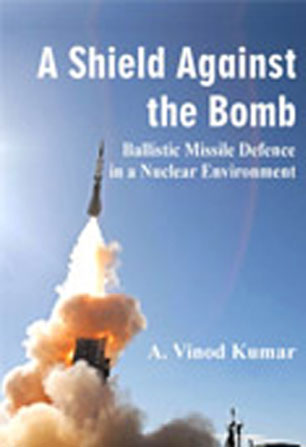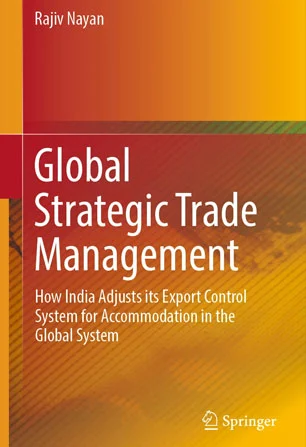China’s Approach to the North Korean Nuclear Crisis
China's cautious approach to defusing the ongoing North Korean nuclear crisis underscores the dilemmas that exist in its difficult relationship with North Korea on the one hand and its interests with respect to the United States on the other. What worries China more is North Korea's ambition and intention to further continue its nuclear programme. Moreover, China faces a daunting task in tackling the increasing American pressure to intensify actions against North Korea as per the UNSC resolutions.
- Jagannath P. Panda
- October 31, 2006








